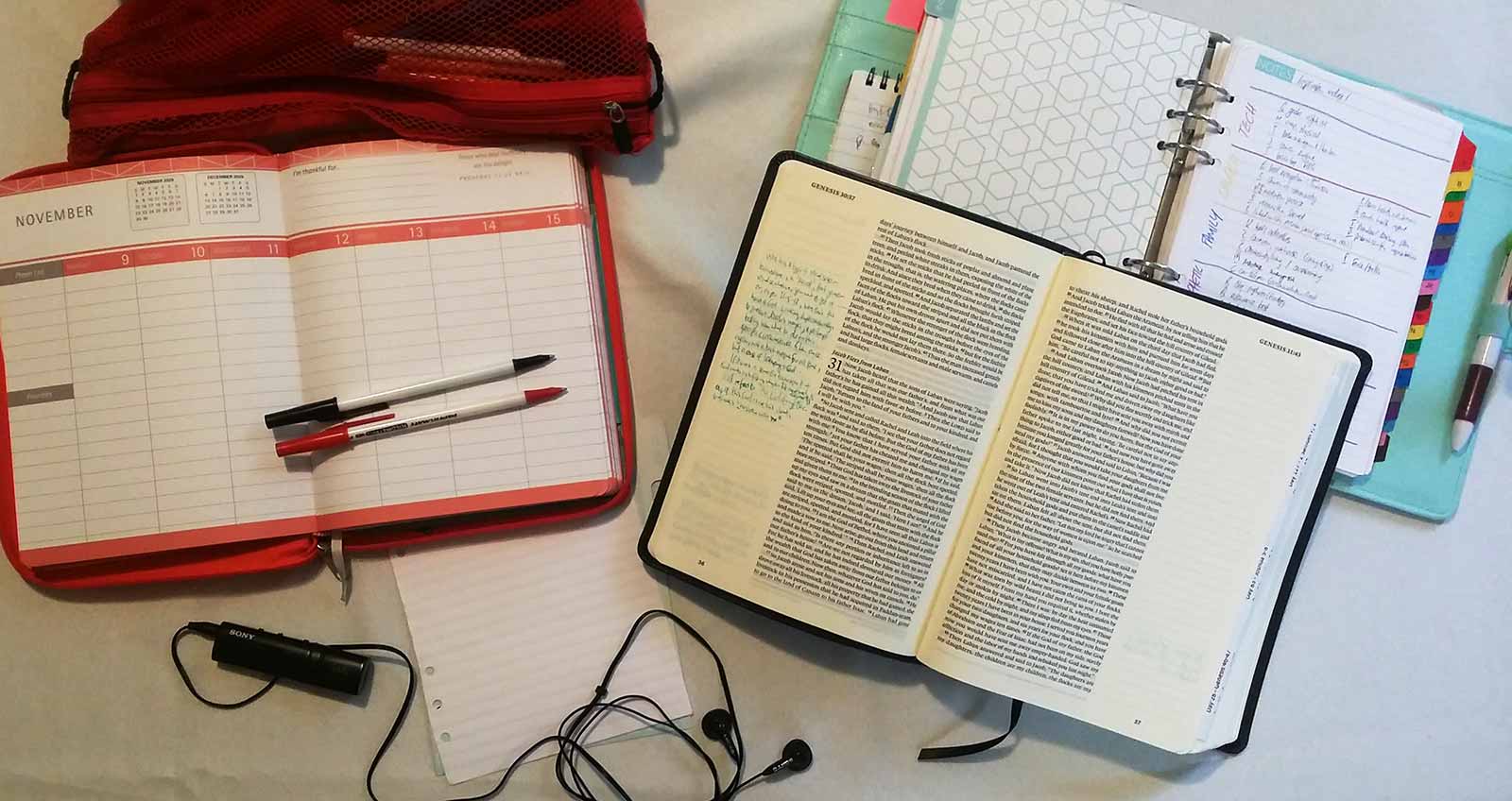I'm off my phone and loving it! I've exchanged Evernote for notepaper (and offline HTML pages); Asana (task/project management) for a diary and A5 ring-binder; and I've fitted a CRM in that ring-binder too! Here's why I've found the switch so good.
First, I noticed initial signs of addiction that I wasn't happy about: looking at the phone too often, and simply using it for basically everything. If something had of happened to the phone, would I be able to cope? I wasn't sure.
Jesus said:
For where your treasure is, there your heart will be also.Matthew 6:21, NIV
I could see if I kept going on this trajectory, it would only lead to my treasure being my phone, my comfort for when I was down, my reward for when I was happy, my go-to for work, research, hobbies and chat, my all. If that doesn't describe an idol, I don't know what is.
Furthermore, I did not consider it helpful from a risk perspective to have all my eggs in one basket. A phone can be easily lost, stolen, hacked, or could freeze, run out of battery, be unreadable in full daylight, or otherwise be unreliable. Most of the time, however, it's just information overload that scatters your brain, causing you to forget what you set out to do when you picked up your phone. But it gets worse.
I felt like, though I was using social media, emails and the like, that I was not close to those friends. I could read about them, or occasionally call if they were available, but not experience the sort of fellowship that you can have face to face. I might be able to maintain a friendship, at best, but not really grow together, or grow closer.
In addition, whatever I did learn through digital means, went in one ear and out the other. Since you are rarely doing anything with the information–it's saved automatically but never to be looked at again, or not the type of thing that you would save–your brain is hardwired to forget such information. It's super efficient.
Thus, the phone, promising efficiency, fun, connection, and learning, really just amounted to entertainment that leaves you dry at the end.
I've established 3 principles that have helped me to decide a better path.
- Be present-day focussed, ready for action
If the phone was going to be my servant, it would not be allowed to sidetrack me and muddle my thoughts. I would use it for a predetermined use, and then put it down after finishing. This meant that I turned off most notifications, and deleted endless streams of information. At one point, I also experimented with pushing all junk and news to a different email address, which was not accessible on my phone (these days I find I'm disciplined enough to not be drowned in that).
Getting a predetermined list of things to do meant that I basically had to use a little notepad (useful to immediately write down thoughts and restore RAM - memory space - in your brain) which I could keep visible next to or in my phone cover. Whenever I forgot what I was supposed to be doing, I could immediately refer back to the bit of paper. These days, I use a week-to-a-spread diary.
This little practice alone has saved hours, and kept my mind focussed on what I need to do, or the people I need to serve. - Connect with people locally
We already know that communicating digitally doesn't deepen relationships. At best, we gain wider perspective of a topic or person: but very rarely deeper. Online communication doesn't slow us down and help us to understand each other, but instead promotes showmanship, misinterpretation, masking of your inner struggles, and quick, poor judgments. Instead, it's a walk with someone, a coffee, a small group discussion over a book, and such things that promote real understanding, empathy, and happy relationships. - Be prayerful
We're lured by gossip, news, the fear of missing out, or perhaps these days the fear of violating an ever-changing COVID law. This draws us back to our phones. But after consuming all this, and not doing anything with that news, I've seen through that lure. It's an empty promise that knowledge is power. And in a way it is–but what knowledge? Which would you rather, miss what others are saying, or miss what God is saying?
Of course we don't necessarily have to ditch the news, but having the priority as prayer means that you know what God wants you doing. And if you know what God wants you to do, you don't care half as much what others think you should be doing. It can be helpful to subscribe to certain things, but that lure is no longer a snag for you. You know what you are here for today.
Walking these principles has led me to changing my phone habits. They may or may not change yours, but here's how and why they changed mine.

When I'm having my quiet time I want to control my inputs as much as possible. I don't want ads, notifications, nor the many temptations of various apps that are just a tap away. So I turn off wifi and data, put the phone down, and pull out a journaling Bible that has space to write notes in. Alternatively, if I'm on the train, I use an offline Bible and offline notepad. I write my prayers using a Greek keyboard so I know nobody can read over my shoulder (and I write as if it were an English keyboard so I'm also safe from Greeks!). This just keeps my concentration in ever-changing train environment. I can write English headers to prompt me to pray about certain things.
Similarly, I find writing ideas, actionable points, and answers to prayer more helpful to record on A5 paper. I want to fully concentrate on just that, and the phone is purpose-built to confound concentration. I love it that I'm much better able to remember things I've written too, because of the neurochemistry of how the brain remembers more when you put more effort into it.
I use A-Z dividers in my A5 ring-binder to make finding key ideas later very easy. A single index page sits at the front of this ("Learn habits, not sermons" is under L).
On the weekend, I'll plan the week ahead in my diary. I'll write down everything I'm doing in my diary so I have a single go-to source during the busy weekdays. It never runs out of battery, nor needs to internet connection to distract me. It's not a task manager that reminds me of 50 other things that I could be doing that I shouldn't be doing. I've sorted that out on the weekend and only written down what tasks I need to do for that week (a digital task manager could work, then, as a long-term store that you access at that weekly time, without needing to refer to it constantly). I'm still using a (digital) shared calendar, and found that works fine because I don't need to refer to it constantly–just weekly.
I've committed myself to a local prayer group, a local Bible fellowship, and mentoring someone one on one, for closer relationships. These have produced real growth and fruit, as opposed to basically all interaction I've had online.
It's interesting to note that because I use my phone so much less these days, I no longer think about it much, and I feel much more in control of my life. It serves me, rather than it luring and attempting to dominate me. I remember more, am much more focussed, and have many other ways to accomplish life than the phone. Thus when it fails me for whatever reason, I'm not put out of sorts. I'm more resilient because the phone is a nice enhancement rather than a crutch.
Over to you! Let us know if you were inspired, or how you've combatted this issue.


